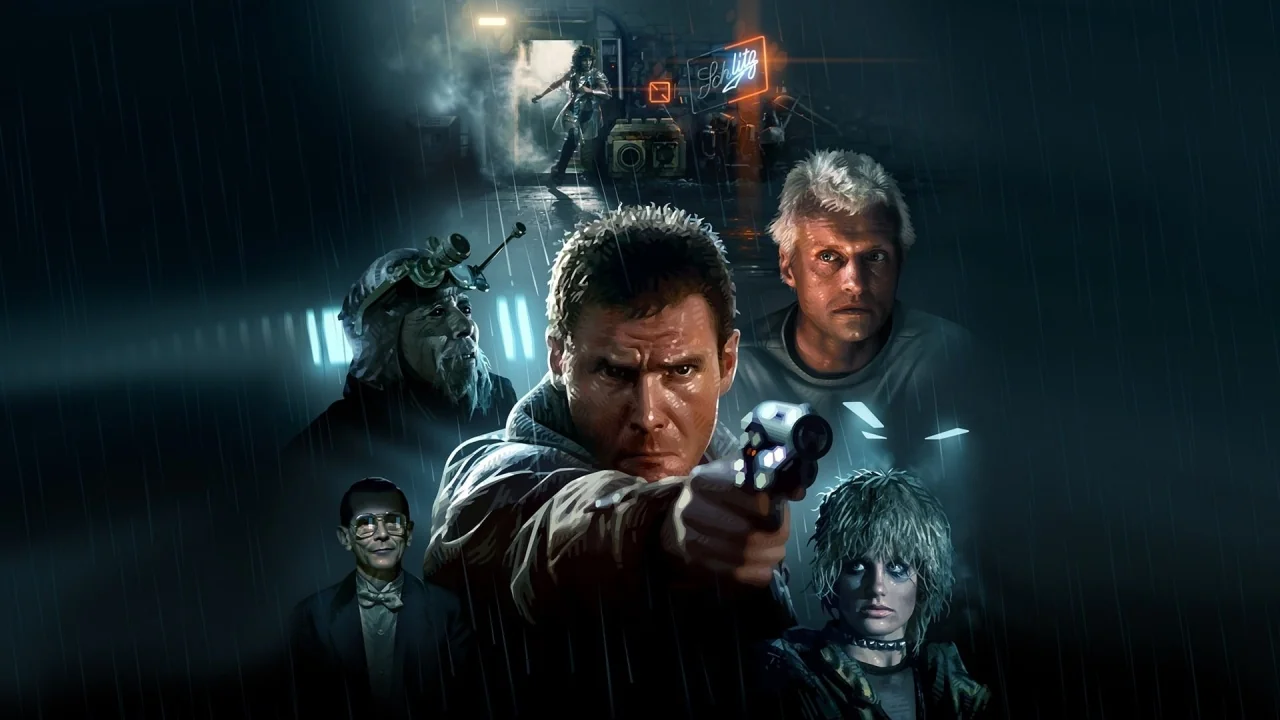
Film endings can be as iconic as the movies themselves, often shaping how audiences perceive the story and characters. However, many classic films have alternate endings that offer different perspectives or conclusions to the narrative. Some of these endings change the entire meaning of the film, while others provide humorous or unexpected twists. Here’s a look at some movies with alternate endings you probably never knew existed.
Ridley Scott's Blade Runner is renowned for its ambiguous ending, but the film has multiple alternate conclusions. In one version, the "happy ending" features a voiceover narration from Deckard, providing clarity about the fate of the characters. In contrast, the original theatrical cut includes a more optimistic ending, with Deckard and Rachael driving off into the sunset. However, the Director’s Cut and the Final Cut present a darker, more ambiguous resolution that leaves viewers questioning Deckard's humanity and the nature of existence itself.
Frank Darabont's The Mist is known for its shocking and bleak ending. However, an alternate ending was filmed that offers a more hopeful conclusion. In the theatrical version, the protagonist, David, makes a harrowing decision to spare his son from a gruesome fate. The alternate ending, which was not included in the final cut, suggests a different fate for the characters and provides a glimpse of survival and hope. This change drastically alters the emotional impact of the film and adds depth to its themes of despair and sacrifice.
The cult classic Clue is based on the popular board game and features multiple endings that playfully subvert the murder mystery genre. In its theatrical release, audiences saw three different conclusions, each revealing a different culprit and resolution to the story. This unique approach allows viewers to experience the film in various ways, making it a fun and engaging watch. The DVD release later included all three endings, further cementing Clue's status as a beloved comedic classic.
The film adaptation of Richard Matheson's novel I Am Legend features an alternate ending that significantly alters the story’s message. In the theatrical version, Robert Neville sacrifices himself to save the remaining survivors, suggesting a sense of hopelessness. However, the alternate ending provides a different perspective, revealing Neville’s role as a protector rather than a monster. This ending aligns more closely with the novel’s themes and offers a more nuanced conclusion to the character’s journey.
While not necessarily a fully alternate ending, Infinity War features a scene that was ultimately cut from the final release. In this version, the fate of certain characters is altered, providing a different view of the climactic battle against Thanos. This alternate scene offers fans a glimpse into what could have been, highlighting the complex dynamics among the Avengers. Although the final version is widely regarded as a cinematic achievement, the omitted scenes contribute to discussions about the character arcs and emotional stakes in the film.
Christopher Nolan's The Dark Knight is a celebrated superhero film known for its intricate plot and moral dilemmas. An alternate ending was filmed that features an additional scene between Batman and Commissioner Gordon, offering more closure to their relationship. While the theatrical version is powerful in its own right, the alternate ending provides a different perspective on Batman’s role in Gotham and emphasizes the ongoing struggle between good and evil.
David Fincher's Fight Club features an alternate ending that shifts the focus from the film’s nihilistic themes to a more hopeful conclusion. In the original ending, the Narrator's fight against his alter ego, Tyler Durden, leads to chaos and destruction. The alternate ending, however, presents a vision of redemption and reconciliation, suggesting a different path for the characters. This change in tone highlights the film’s exploration of identity and societal pressures, leading to fascinating discussions among fans.
In John Hughes' iconic teen film Pretty in Pink, audiences were treated to a classic love story between Andie and Duckie. However, an alternate ending features Andie ending up with Duckie instead of Blane. Test screenings indicated that viewers preferred the original ending with Blane, leading to the final cut that left fans divided. The alternate ending remains a popular topic among fans, raising questions about the nature of love and friendship in teenage relationships.
The Butterfly Effect presents a mind-bending narrative about choices and consequences. The original ending features Evan making a drastic choice to prevent the pain he caused his loved ones, leading to a shocking resolution. However, an alternate ending offers a more hopeful conclusion, where Evan chooses a different path that allows for redemption and healing. This alternative version leaves viewers with a sense of closure that contrasts sharply with the film’s darker themes.
The final installment of The Hunger Games series features an alternate ending that differs significantly from the theatrical release. The original ending showcases a bittersweet resolution, focusing on the aftermath of the rebellion. However, the alternate ending presents a more ambiguous conclusion, leaving viewers to ponder the future of Panem and the characters. This version adds layers of complexity to the film's themes, prompting discussions about power, leadership, and sacrifice.
Alternate endings can dramatically alter the way we perceive a film, offering new insights and interpretations of characters and narratives. These variations provide filmmakers with an opportunity to explore different themes and outcomes, inviting audiences to engage in deeper discussions about storytelling. Next time you watch one of these films, consider exploring the alternate endings to experience the story in a whole new light. Have you seen any alternate endings that changed your perspective on a movie? Share your thoughts in the comments below!